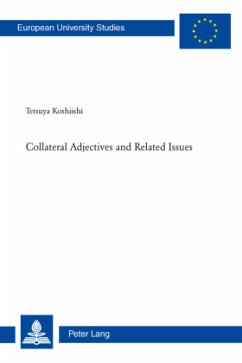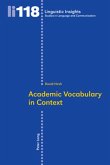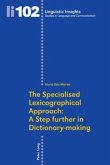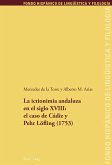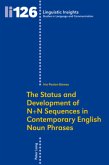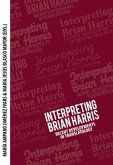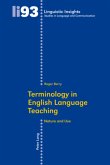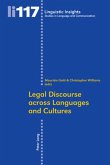This monograph constitutes an example of a meaning-based approach to English morphology, which has far-reaching implications on lexicographical, sociolinguistic, and contrastive studies.
Collateral adjectives are Latinate relational adjectives, typically meaning 'of' or 'pertaining to ...', such as paternal (base noun: father), vernal (base noun: spring), etc. The existence of these adjectives poses serious problems to form-based approaches to morphology because of their apparent derivational status, they provide us with extreme cases where these adjectives and base nouns are formally unconnected.
The author shows that the meaning-based approach has real benefits not only in the theoretical analysis of them but also in their lexicographical treatment and in the description of the sociolinguistics of their use.
In addition, after comparing English and Japanese, the author explains how, in English, the knowledge of these adjectives is not acquired automatically with literacy and hence has come to matter in sociolinguistics terms.
Collateral adjectives are Latinate relational adjectives, typically meaning 'of' or 'pertaining to ...', such as paternal (base noun: father), vernal (base noun: spring), etc. The existence of these adjectives poses serious problems to form-based approaches to morphology because of their apparent derivational status, they provide us with extreme cases where these adjectives and base nouns are formally unconnected.
The author shows that the meaning-based approach has real benefits not only in the theoretical analysis of them but also in their lexicographical treatment and in the description of the sociolinguistics of their use.
In addition, after comparing English and Japanese, the author explains how, in English, the knowledge of these adjectives is not acquired automatically with literacy and hence has come to matter in sociolinguistics terms.

